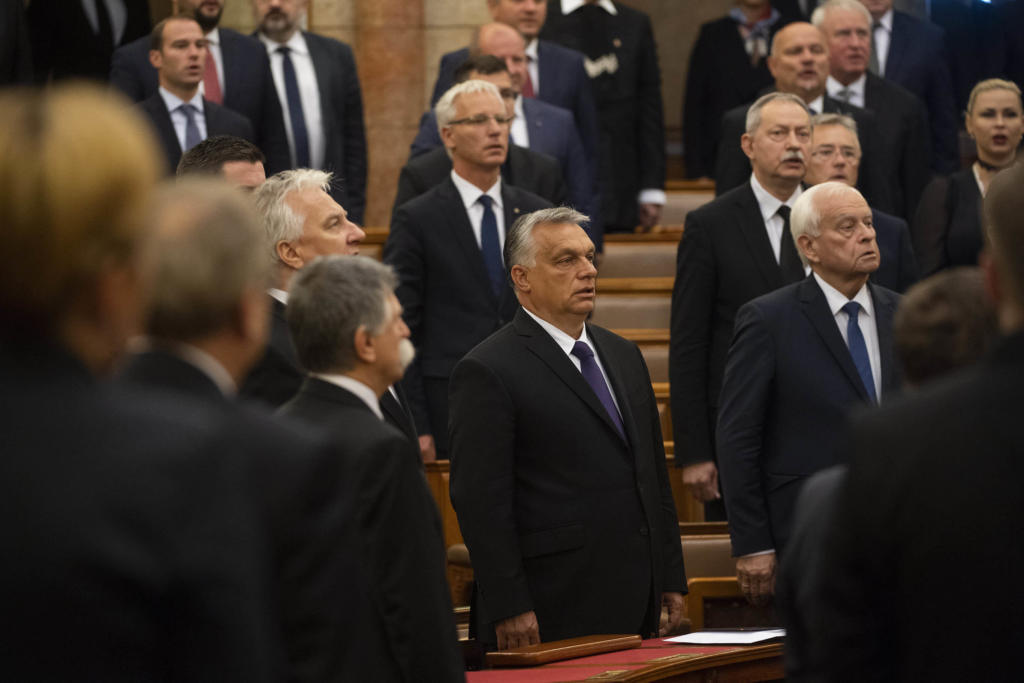Trianon 100 – Hungarian parties commemorate Trianon centenary

The Trianon Peace Treaty, concluding the first world war, was signed on June 4, 1920. Under the treaty, aimed at “digging the grave of Hungary”, two thirds of the country and one third of its population were ceded to neighbouring countries, ruling Fidesz said in a statement on Thursday.
“No other nation in the world has survived such a tragedy and truncating,” Fidesz said, adding that “thanks to consistent government and national cooperation in the past ten years, Hungary is stronger than ever before during the past century”.
“The strength and cooperation of Hungarians have helped us resolve any crisis, and the country is growing economically, financially, and culturally,” the party said in its statement.
The document slammed the leftist parties, however, accusing them of seeking to make Hungary weak and lose it national identity, a country “which could be economically exploited, politically controlled and where they can resettle migrants”.
Hungary’s Left “seeks to replace the national government with a puppet cabinet which could complete the mission of Trianon”, the statement said, adding that its parties are “ready to give up Hungary’s national sovereignty, destroy the nation’s identity and its economic achievements for power and money”.

The Hungarian nation does “not only have a past but will have a future, too”, President János Áder said in Parliament.
“After a hundred years, tormented by two world wars, Trianon, economic crises, with over 40 years of a communist-socialist detour and a failed revolution behind us … here we are, we are alive,” the president said in his address.
Hungary’s geographical borders were changed in 1920 but “nobody can deprive us of the right to maintain the nation’s spiritual boundaries”, Ader said.
Commemorating the centenary of the Trianon Treaty, the group leader of opposition LMP said that 100 years after the “shameful dictate” the Hungarian nation today still stands “as one and united”.
“The Carpathian Basin is a common legacy and common future, but those who say that one should look only into the future are wrong. The decision made in Trianon is a tragedy that will always stay with us,” László Lóránt Keresztes told a press conference in Budapest.
He added that even after a century, the Hungarian communities in the annexed parts of the country have shown that they want and can remain Hungarian despite many trials. At the same time, the Hungarian communities in several states are “under political attack”, which he said is unacceptable.
Péter Ungár, a party lawmaker, said that “Trianon is with us every day”, adding that Hungary’s EU membership does not “relieve [us from] the trauma of Trianon”.
“We, however, can commemorate it, which is the first step in reaching a national consensus,” he said.
He called the peace treaty “unjust” and “mistaken” which led to a geopolitical disaster.
“The lesson learnt is that leading international powers can act against Hungary any time, and that Hungary can only count on itself in global politics,” Ungar said.
Source: MTI







